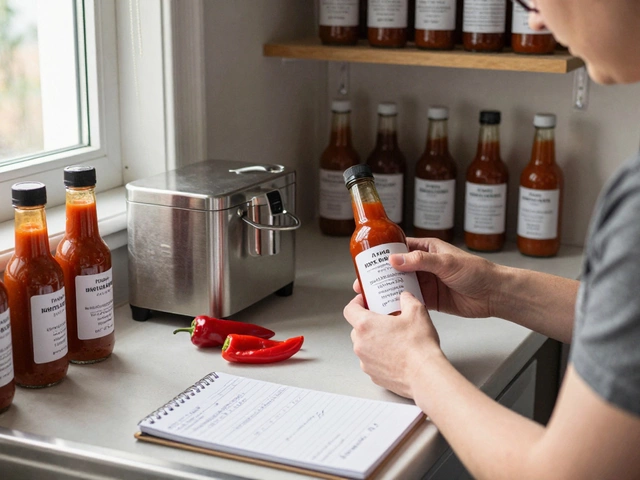Language Insights: Slang, Terms & Everyday Word Facts
Did you know a "stack" can mean a thousand dollars in street talk? Or that Brits call toilet paper a "loo roll"? Language isn’t just rules – it’s the shortcuts and quirks we use every day. This guide breaks down the most common word tricks you hear around the house, on the street, and online.
Money Slang Made Simple
When someone says they have a "stack," they usually mean $1,000. In some regions "bands" or "racks" mean the same thing. The reason? A stack of $100 bills looks like a neat column, so the term stuck. If you hear "five stacks," just multiply by five – you’re looking at $5,000.
Another money nickname is the "buck," which is just a casual way to say one dollar. It’s been around since the 1800s when the U.S. government printed the image of a male deer on the $1 bill. Knowing these terms helps you follow everyday conversations and avoid confusion.
Everyday Objects with Hidden Names
Take the humble toilet paper. In the UK it’s called a "loo roll" or simply "toilet roll." The word "loo" comes from the French phrase "lieux d’aisances," meaning a place for convenience. So when a Brit says, "Pass me a loo roll," they’re just asking for the paper.
Mirrors also have a quality tag most people miss. A "good quality" mirror is one with at least 4mm glass thickness, a fully sealed backing, and a clear reflective coating. Test it by looking at it from an angle – if you see distortion, it’s probably cheap.
Even curtains have rules. If you want a polished look, let them kiss the floor. If you have high traffic or a pet, a slight gap keeps the fabric from getting dirty. The choice depends on style versus practicality.
Rugs hide dirt in clever ways. Dark colors, busy patterns, and low piles trap crumbs and dust, making the floor look cleaner longer. Wool fibers also resist stains better than synthetic options. So when you shop, pick a rug that matches both your decor and cleaning routine.
Finally, language isn’t static. New slang pops up daily, especially online. Keep an ear out for words like "stan" (to strongly support) or "flex" (to show off). Knowing the latest terms helps you stay in the conversation.
Whether you’re decoding a text, shopping for home goods, or just curious about why we say what we say, these language nuggets give you a quick edge. Next time you hear a weird term, you’ll know exactly what it means – no Google needed.
What Does Bedding Someone Mean? Unpacking Everyday and Bedroom Talk
Bedding someone is a phrase with two sides: it’s tied to literal bedroom stuff—think sheets and comforters—but it's also a common way people talk about intimacy and relationships. This article breaks down what the phrase really means in modern conversation and where it even comes from. We'll explore how people use it, whether in gossip or fun chats, and share a few surprising facts you might not know. Plus, there are simple tips about picking actual bedding for your home. Curious? You're in the right spot.
View MoreUnpacking the Plural Conundrum of Octopus: A Linguistic Dive
The debate over the correct plural form of 'octopus' is both fascinating and informative, rooted in linguistic history and cultural quirks. While 'octopuses,' 'octopi,' and 'octopodes' are all used, the preferred version depends on the roots of the word and the language adapting it. This exploration delves into these variations and provides context on their grammatical origins and modern usage. Discover how this discussion extends beyond grammar, touching on historical vocabulary developments.
View More





